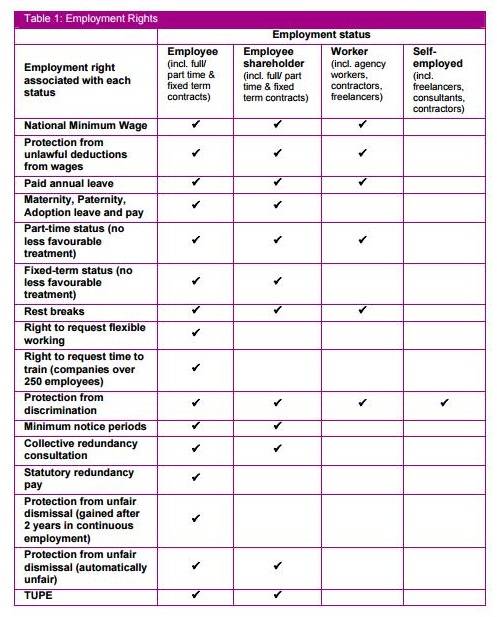What are Zero Hours Contracts?
Zero hours contracts have become quite the election issue this season with Labour leader Ed Miliband vowing to ban exploitative agreements. Although they’re hardly a new phenomenon, there are still great misunderstandings about what these contracts are and how your rights are affected as a result.
Zero hours contracts permit employers to hire staff with no assurance of work, meaning that employees work only when they are needed by employers. Their pay then depends on the number of hours that they work.
Who uses them?
Zero hours contracts are prevalent in many areas of the UK economy from hotels and restaurants to the health and education sectors. Establishing the full extent of their use has been difficult, however, with data regarding the numbers employed under zero hours contracts seeming to vary wildly from 200,000 to 1.8 million at any one time.
Many large businesses in retail and leisure have been criticised for using zero hours contracts excessively. These included Sports Direct and McDonalds who keep 90% of their workers on zero-hour contracts, while Wetherspoons and Cineworld employ around 80% of their staff in this way.
Why are they so popular?
Zero hours contracts allow employers flexibility over their workforce, allowing them to adapt their staff levels in areas that have fluctuating seasonal demand such as tourism and farming. It allows them to grow their business while limiting the risks.
Many employees also enjoy the freedom of a system that allows them to balance work with other commitments such as family or study. It is also often seen as a pathway to full time employment or at very least a way to gain workplace skills and experience.
So what’s the problem?
Many people believe that zero hours contracts do not offer enough financial stability for workers. With no guarantee of regular hours many workers feel that their employers don’t provide them with adequate work. Without this security it is difficult to plan ahead for things like budgeting and childcare.
There is also the risk of exploitation as because worker on zero hours often have fewer rights than other employees. They may be denied work at any time for any reason such as not responding to a request to work. This can sometimes result in them being passed over for work opportunities in the future.
Do I have any rights at all under a zero hours contract?
Some wrongly believe that individuals who work under zero hours contracts have no employment rights at all. This is incorrect. Employment rights are determined by whether you are an employee or a worker. Workers have fewer rights than employees but even a worker is entitled to the paid holidays, the minimum wage, and protection from discrimination.
The table below gives a list of some of the employment rights that you can benefit from according your employment status.
So am I a worker or an employee?
Whether a person working on a zero hours contract is an employee or a worker isn’t always obvious and there isn’t a single test that will determine this.
Your contract may state whether you are a worker or employee, however, this isn’t the exclusive basis upon which employment status is determined. Even if you have been determined to be a worker in your contract if there is a pattern of regular work which is regularly accepted an employment tribunal may deem the contract to be one of employment.
How much should I be paid?
Workers must be paid at least the national minimum wage for all hours worked. If you are required to be available for work for a particular period of time or are told to attend for work but are then not needed you must also be paid for that time.
Can my employer demand that I work exclusively for them?
On 27 March 2015, the Small Business, Enterprise and Employment Act (SBEE) 2015 became law. The extensive act determines that exclusivity terms in zero hours contracts will no longer be enforceable.
For advice on any employment matter contact us today on 01670 515 182.


